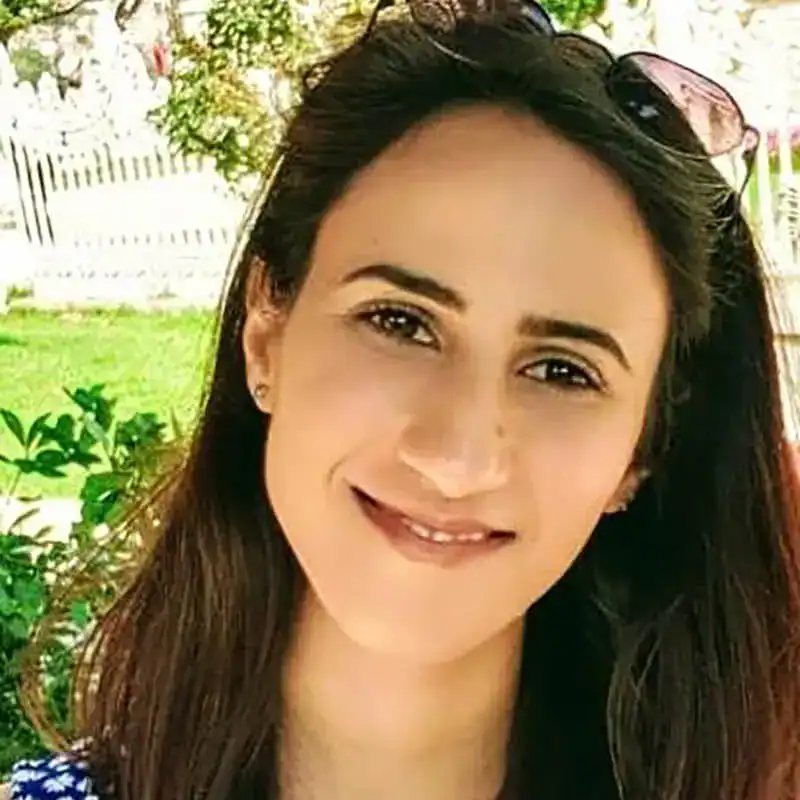Why do some patients respond to immunotherapy while others do not? One promising piece of the puzzle lies in the gut. Recent research shows that gut bacteria can shape immune responses to cancer, suggesting that adjusting the microbiome could boost the effectiveness of treatments like immune checkpoint blockade.
Dr. Amina Jbara aims to investigate how gut bacteria affect the migration of specific immune cells from the gut to tumors using synthetic microbial communities – a new system that allows precise manipulation of over 100 gut bacterial strains. Her ultimate goal is to understand what and how specific microbial compositions enhance anti-tumor immunity and whether those effects can be harnessed to improve treatment outcomes. “I anticipate that this approach will help identify specific bacteria that could be used to train the immune system to better fight cancer, offering a more targeted and effective approach to cancer immunotherapy,” she explains.
Trained in cancer and RNA biology, Dr. Jbara’s graduate studies at the Hebrew University in Jerusalem focused on alternative splicing – a process where different parts of a gene are cut and stitched together to make different proteins – in metastatic pancreatic ductal adenocarcinoma (PDA). Her work identified that a splicing factor called RBFOX2 prevented metastasis in PDA. In parallel, she discovered that the FDA-approved drug azathioprine inhibits metastatic PDA by targeting the Rac1/Cdc42 pathway, findings that helped launch a clinical trial. Now shifting focus to the cancer–microbiome connection, Dr. Jbara is developing next-generation approaches that harness gut bacteria to improve immunotherapy.
Sponsor
Michael Fischbach, PhD
Research Focus
Cancer surveillance, gut microbiome, cancer-microbiome connection
Projects and Grants
Gut immunocytes in cancer immunosurveillance: from mechanistic insights to rational design with defined communities

